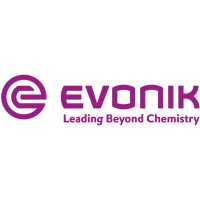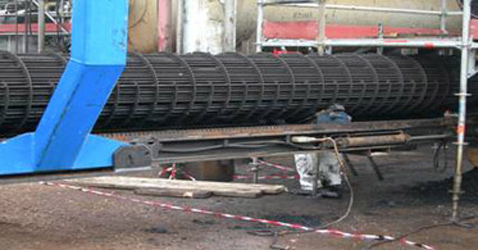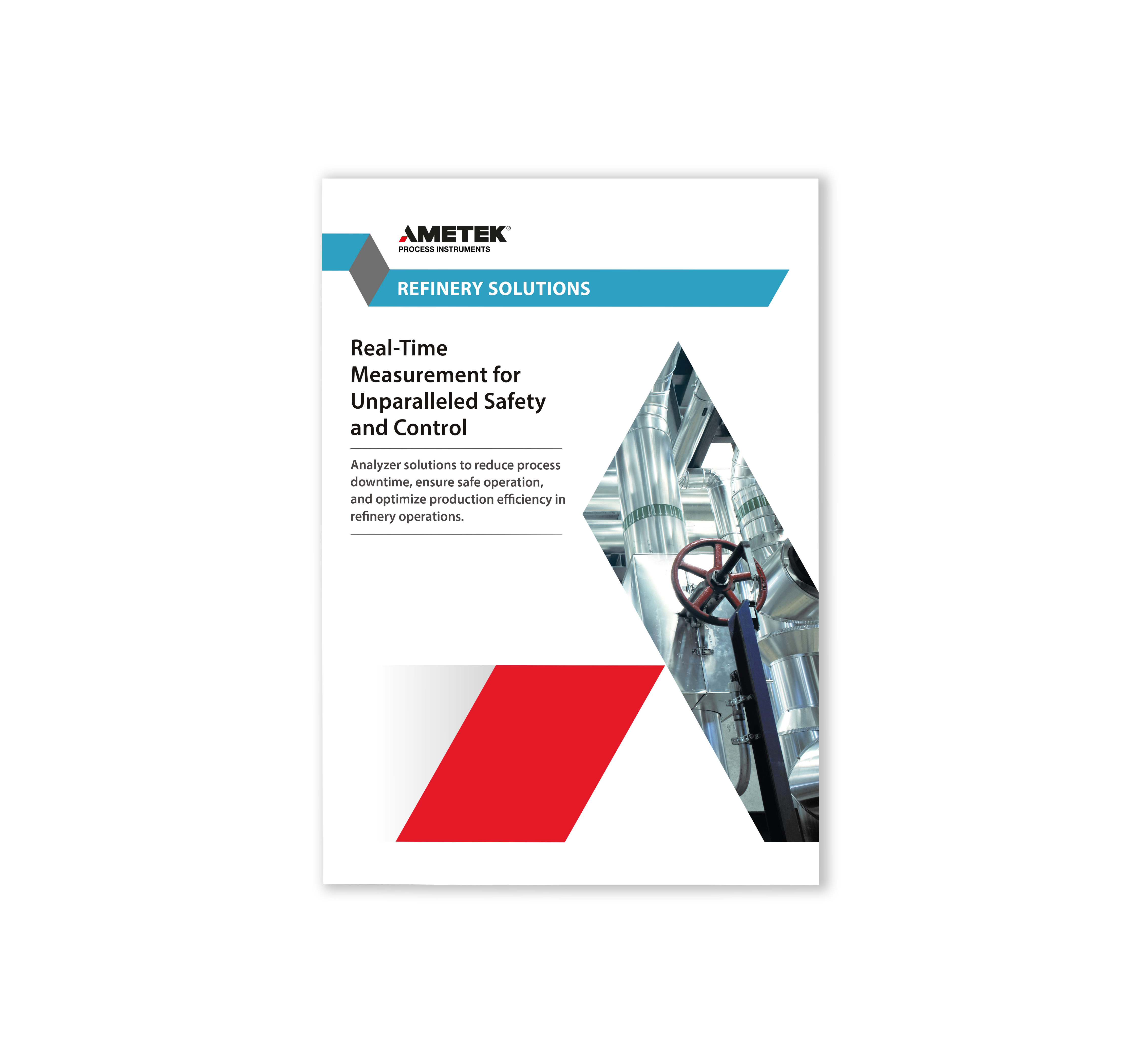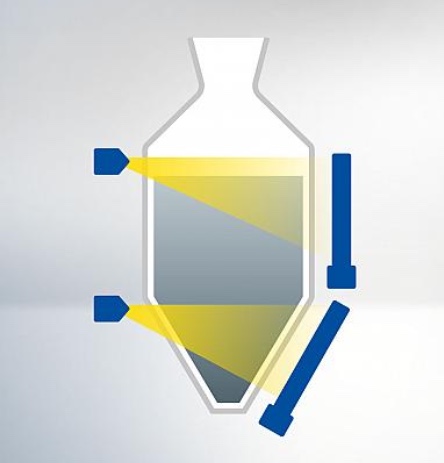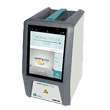-
POWERSAFE™ - Watlow’s medium voltage integrated heater and control system
POWERSAFETM is a fully integrated medium voltage control and heating solution that offers longer heater life, allowing you to confidently replace fossil fuel solutions with a clean electric solution. It also meets the necessary agency requirements to help make your process safe and reliable. Wattage size requirements for electric thermal equipment have been on the rise. This makes medium voltage solutions attractive because they reduce overall installation costs compared to ...
-
Determine total sulfur and total nitrogen in a single analyzer. With its large installed base, Antek by PAC has proven to be a global leader in lab and on-line elemental analysis instrumentation. Antek pioneered total sulfur and total nitrogen analysis utilizing pyro-fluorescence and pyro-chemiluminescence technology. NSure, uses the same proven technology of its previous model –the 6200– to ensure lab accuracy with process robustness. By utilizing the same technology that ...
-
FracSENS LB 6770 Density Meter
The FracSENS LB 6770 nuclear density meter can connect directly to the control system. Without the transmitter unit, the outputted count rate can be used in the control system to calculate PPA, PPG, or SGU in both low and high pressure applications. The new scintillation technology ensures high sensitivity and allows drastic reduction of source activity compared to conventional ion chamber detectors. A maximum of 20 mCi has proven sufficinet for traditional fracturing applications. With ...
-
FCC technical support, industry-leading service
Grace technical service engineers regularly visit refineries to review unit operating data, evaluate catalyst management and unit performance, as well as provide specific recommendations to optimise unit operation. Grace can provide expert advice on operational problems concerned with the mechanical integrity of the FCCU. For example, issues such as cyclone performance, stripper efficiencies, circulation problems, transfer line problems, slurry circuit fouling, or high unit erosion ...
-
Price differentials between conventional and opportunity crudes compel refiners to process increasing percentages of lower valued opportunity crude. However, as many refiners have learned the hard way, opportunity crudes are tied to unique processing challenges. Furthermore, existing crude unit configurations may limit high profit opportunity crude to a disappointingly small proportion of the total unit blend. Processing a changing slate of opportunity crudes of varying compositions ...
-
This change toward more integrated complexes already has begun. As recently as five years ago, roughly 15 percent of new CCR PlatformingTM units were designed for petrochemicals production. Today, that number has risen to nearly 70 percent. New integrated complexes in the Middle East, Southeast Asia and China — where GDP growth is highest — are being designed to convert as much as two-thirds of their feedstock into petrochemicals. No two complexes will have the same solution, ...
-
Tray design features that reduce turnaround maintenance time
Column shutdowns can be costly. Production is halted and maintenance expenses accumulate without any offsetting revenue. Maintenance crews need to isolate, open, inspect, modify, repair, and close columns, all under pressure to complete work as expeditiously as possible. Minimization of shutdown costs begins during the equipment design phase. Sulzer incorporates several features into our tray designs that can reduce column shutdown time. Tray Replacement and Installation Tray ...
-
Haldor Topsoe refinery walk-through
Exploring the hidden potential of your refinery. Refinery processes are complex and filled with potential sources of inefficiency. A Topsoe Refinery Walk-Through will identify the hidden opportunities and help you improve the refinery profitability, flexibility, safety, and reliability. Within the past few years, Topsoe has successfully carried out Refinery Walk-Throughs covering hydroprocessing, hydrogen- and sulfur management applications. The goal is to identify potential ...
-
DuraZOOM™ - industry-leading olefin and octane enhancement
DuraZOOM additive is the latest in a long line of light olefins and octane enhancers manufactured by Ketjen. ZSM-5 additives were developed by Mobil Oil Corporation and first used in 1983 as octane enhancers necessitated by the phasing out of tetraethyl lead. Since then, their use has grown enormously worldwide. The initial applications required relatively low levels of ZSM-5 crystal. More recently, the use of ZSM-5 additives has shifted from octane enhancement to propylene generation. ...
-
Flowrox Pump Solutions- The industry benchmark for pumping
We exist to make your life easier. Flowrox pumps serve a wide range of process industries. Hose pumps and progressive cavity pumps are specifically designed for demanding processes involving abrasive, corrosive, highly viscous or crystallizing media with high solids content. Our unique pump design saves energy and water, increasing your process availability and reducing total cost of ownership .
-
The Double Block and Bleed design features every technical advantage which the series TRI-CON has plus there is a true double block and bleed feature which delivers zero leakage. By using this design, the former two valve system with a spool piece becomes obsolete. This fact is not only important for inÂstallation since you have to install only one valve body in the pipeline, but also only one actuator or gearbox is required. With ZWICK’s unique design of the linkage between ...
-
OptiDist 2 atmospheric distillation instrument
The OptiDist has long been the industry standard benchmark for atmospheric distillation with over 5,000 instruments deployed globally ensuring precision and reliability of the distillation measurement. The new PAC OptiDist 2 atmospheric distillation instrument is a ground-up redesign, incorporating all the best features from the OptiDist and updating them for many years of optimal performance and reliability. The redesign centers around the new patent-pending solid- state thermosiphon ...
-
Optimise crude processing with the Profiler™
The Challenge: Refiners aim to optimise feedstock blends to improve margins, but variability can bring significant operational challenges during the process. One critical need is the efficient removal of solids, salts and water from crude feedstock. It is essential that washing of the crude is effective at removing high levels of these, and the oilcan be efficiently separated prior to crude distillation. Efficient separation needs accurate and reliable interface control to manage ...
-
Unlock AI's potential in Refining and Petrochemicals
Smart petrol producers are realizing that industrial AI is only as powerful as the data you provide it. Real-time industrial process data is at the core of effective predictive modeling, and the quality of this data is essential to achieving reliable outcomes. A well-planned data architecture enables intelligent technology to anticipate production failures and provide meaningful recommendations for improved efficiency. This webinar explores what it truly means to build an ...
-
Boosting refining margins by optimising existing assets
Watch this webinar to discover how refiners can improve operating margins through more efficient and profitable use of existing physical assets. In today’s fiercely competitive refining market, boosting margins isn’t just an advantage – it’s a necessity. To stay ahead, refineries must unlock the full potential of their existing assets through fast-track improvements and smart CAPEX strategies that deliver immediate cash flow and fund future growth. Axens partners ...
-
Planning for the Future: Method compliance with GCxGC
For decades, comprehensive two-dimensional gas chromatography (GC×GC) has been regarded as a powerful but specialized technique, admired for its resolving power yet confined largely to research settings. That perception is changing fast. With the approval of ASTM D8396, and the launch of PAC’s Sustain2D™ analyzers, GC×GC is stepping into a new era of routine use and compliance for hydrocarbon analysis. The GCxGC Innovation Hour will cover: - The Journey to Mainstream: ...
-
Boosting refinery performance with smart analytics
Axens' digital innovative platform combines real-time data and digital solutions to optimize operations, reduce environmental impact, and lower costs while maximizing profitability. By delivering actionable insights and detailed performance reports, it enhances asset operation and performance for smarter, more efficient outcomes. Watch this webinar where to discover how refining and petrochemical operations can unlock real value from process data. You will have a chance to ...
-
Strategies for implementing autonomous operations in energies and chemicals
Autonomous operations are poised to redefine industrial performance, offering transformative benefits in efficiency, safety, sustainability, and competitiveness. They will soon be essential for achieving sustained commercial and technical excellence, along with net-zero goals. Realizing the full potential of autonomous operations requires a holistic, enterprise-wide transformation that aligns technology, people, and processes. Organizations that lead this change will gain a ...
-
Revolutionising medium voltage process heating for a low-carbon future
As industries strive to decarbonise and meet global sustainability targets, medium voltage process heating has emerged as a transformative approach, offering the power, precision, and scalability needed to replace fossil fuel-based systems. Watlow’s POWERSAFE® Medium Voltage Heating and Control Solution is at the forefront of this shift, delivering efficient, reliable, and safe thermal performance for large-scale industrial applications. In this webinar, attendees will gain ...
-
Catalyst Testing in FCC Naphtha Hydrotreating: Key Insights for Smart Selection
As regulations for gasoline production become more stringent, the value of octane increases, but so do operating costs. This leaves refiners looking for cost-effective and sustainable solutions to maintain product quality without negative economic impact. Join this free, one-hour webinar to learn about Octamax™, a novel catalyst product from Evonik tailored for FCC Naphtha and HDS units handling cracked gasoline. By attending the webinar, you will gain insights on: - Evonik’s ...
-
Case studies in sulfur removal pathways enabling energy reduction
This webinar will showcase the application of novel materials for fuel gas, gasification derived syngas, LPG, FCC gasoline, diesel and kerosene streams and highlight how they achieve the trifecta: energy efficiency, decarbonization and SO2 emissions reductions in an industrial complex. Decarbonization and energy efficiency are key economic drivers for fossil fuel-based industries globally along with emphasis on minimizing sulfur emissions. Sulfur removal has been practiced ...
-
Maximizing Performance in Oil & Gas with Real-Time Analytics
In an industry shaped by fluctuating market conditions and tight operational margins, oil & gas producers are increasingly relying on data-driven strategies to boost efficiency, reduce costs, and stay competitive. Yet, many organisations find themselves at different stages in the digital transformation journey, some are just getting started, while others are looking to optimise existing solutions. This webinar explores practical ways to harness industrial analytics for quick, ...
-
Unlocking the potential of waste for advanced conversion pathways
This session offers a detailed exploration of HTW® gasification technology, a proven solution for converting diverse feedstocks into clean syngas, which serves as the foundation for producing methanol, sustainable aviation fuels (SAF), and synthetic natural gas (SNG). Attendees will gain valuable insights into the advanced processes behind syngas cleaning and conditioning, including removing contaminants like particulates, tars, and sulfur, and optimizing hydrogen enrichment ...
-
Improved H2 purification and recovery with UOP Polybed™ pressure swing adsorption
Pressure Swing Adsorption (PSA) is the industry standard for H2 purification and long-term, reliable recovery. Honeywell UOP’s PSA technology is relied on by refineries and hydrogen producers worldwide, with more than 1,100 systems installed in over 70 countries. In this free, one-hour webinar, you will have the opportunity to gain valuable insights: - Understand what makes Honeywell UOP Polybed™ PSA purification technology unique - Learn about recent changes in Honeywell ...
-
Boosting refinery margins through blend optimisation and loss control
In the current fast-paced and cost-sensitive refinery environment, enhancing margins is no longer just a competitive advantage, it’s essential for survival. This exclusive webinar dives deep into two of the most transformative strategies for boosting refinery margins: Blend Optimization and Hydrocarbon Loss Control. By honing these critical processes, refineries can drive operational excellence, reduce inefficiencies, and elevate product quality, ultimately improving profitability. Why ...
-
Advanced analytical measurement techniques for emerging feedstocks
Can sustainability and profitability go hand in hand? Join us for an insightful webinar that explores how advanced analytical measurement techniques can drive both growth and resilience in the petrochemical industry. With expertise in distillation, elemental analysis, and gas chromatography, PAC offers innovative solutions to optimize operations for players in plastic circularity. In this webinar, we will cover trends in the petrochemical market, including emerging feedstocks, ...

















